Representatives from 184 nations gathered in Geneva this week for a 10-day session aimed at finalizing a global treaty to combat plastic pollution—a meeting that has drawn roughly 3,700 participants from more than 600 organizations. Known as INC-5.2, the talks are seen as a decisive moment in the effort to curb the environmental toll of plastics. Yet the U.S. position under President Donald Trump has stirred debate, with Washington pressing for a treaty that emphasizes waste management over restrictions on plastic production, writes The Associated Press.
Despite withdrawing from several international climate pacts, including the Paris Agreement shortly after Trump’s second inauguration, the administration has remained engaged in the Geneva talks. The State Department said that involvement is essential to protect U.S. interests and businesses, citing potential gains for national security, economic prosperity, and public safety. The plastics industry, which the Plastics Industry Association says generates over $500 billion annually and supports about one million American jobs, is central to that calculus. “This is an historic opportunity to set a global approach for reducing plastic pollution through cost-effective and common-sense solutions and fostering innovation from the private sector, not unilaterally stopping the use of plastic,” the State Department said in an email.
The U.S. delegation has called for measures to strengthen waste collection, improve product design, and encourage recycling and reuse, in hopes of reducing plastic leakage into the environment. The OECD estimates that 22 million tons of plastic waste will enter the environment this year, a figure that could climb to 30 million tons by 2040 without action. But the group has also warned that without production limits, leakage could still reach 13.5 million tons annually even with stronger waste management systems.
Washington’s resistance to production caps has placed it alongside other oil- and gas-producing nations. Most plastics are fossil-fuel-based, and the Lawrence Berkeley National Laboratory projects that without curbs, associated greenhouse gas emissions could more than double by 2050. Still, the State Department maintains that plastics are indispensable across economic sectors and that “no universal solution” exists for the pollution problem. The U.S. also opposes bans on certain plastic products or chemical additives, aligning with industry arguments that such measures would raise costs and that chemical regulation should be addressed separately.
On the opening day of the negotiations, the U.S. proposed striking language from the treaty’s objectives that would address the full life cycle of plastics—an edit that could narrow the agreement’s scope by removing provisions to regulate supply and production. The proposal departs from the Biden administration’s earlier support for including those elements in the treaty.
Industry leaders have applauded the shift. Chris Jahn, president and CEO of the American Chemistry Council, said the administration’s approach aims for an agreement that “protects each nation’s rights while advancing effective and practical solutions to end plastic waste in the environment.” Environmental advocates have been far less welcoming.
The United States aims to finalize text for a global agreement on plastic pollution that all countries, including major producers of plastics and plastic products, and consumers, will support, State Department officials announced in a statement.
[Read More: Trump Makes Change At IRS]

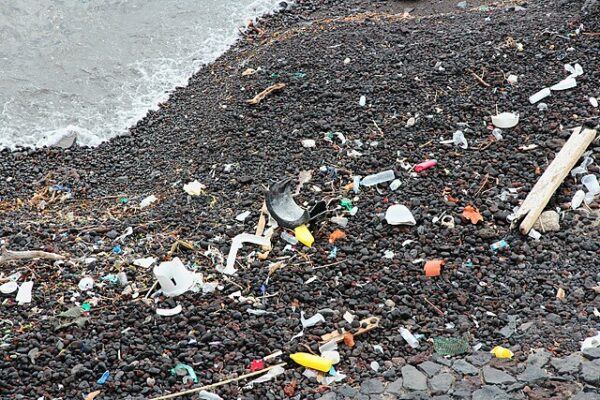
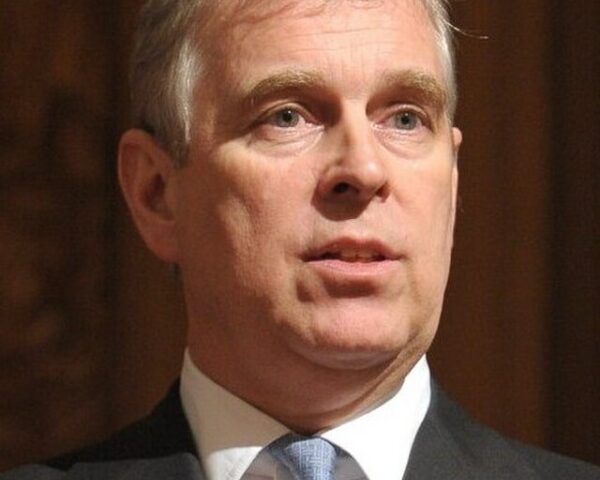


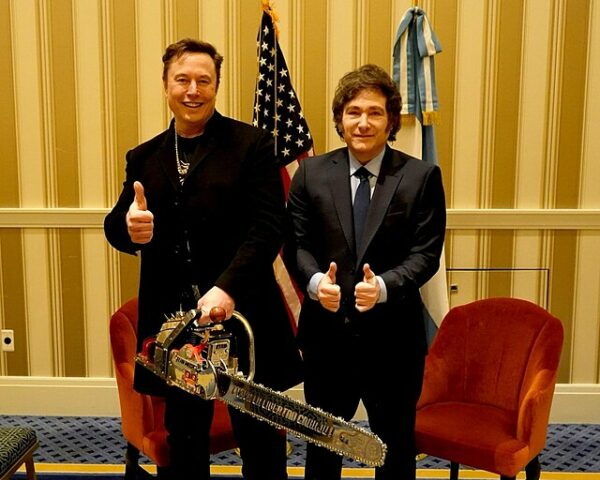



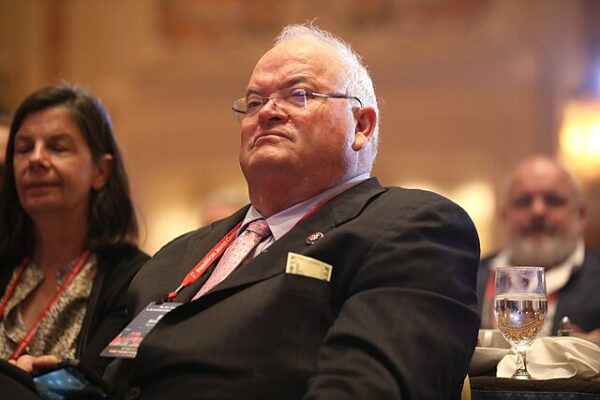
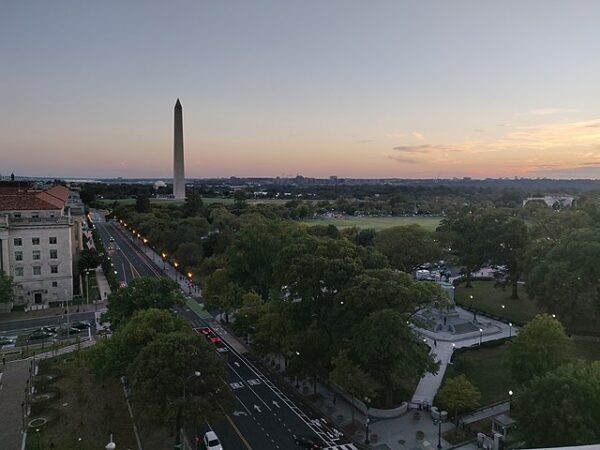
Recycle reuse one use: burn for energy alone